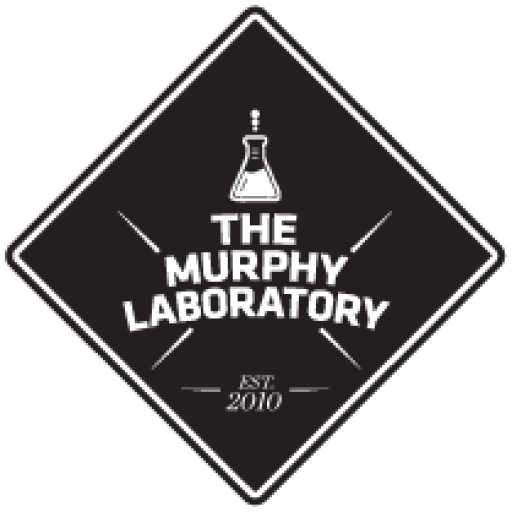Induced Pluripotent Stem Cells (iPSCs) stand to revolutionize the way we study human development, model disease, and eventually, treat patients. However, these cell sources produce progeny that retain primitive characteristics, a major barrier for disease modeling and drug discovery. A long-standing goal of developmental hematologists has been the derivation of non-genetically modified hematopoietic stem-progenitor cells (HSPCs) from embryonic stem cell (ESC) or iPSC sources. These HSPCs should be capable of generating all adult hematopoietic cell lineages and contribute to long-term repopulating hematopoiesis in vivo. Despite extensive efforts, this goal has not yet been achieved, likely due to an incomplete understanding of the complex regulatory processes involved in the specification and maintenance of these cells during embryogenesis, and later, in the adult bone marrow. Complicating the issue, there are known differences in the differentiation and engraftment capabilities of fetal and adult- stage HSPCs and these developmentally distinct HSPCs likely require unique maintenance and specification conditions.
To directly address these concerns, we have developed a chemically defined, serum and feeder-free directed differentiation platform to generate hemogenic endothelial cells (HECs; the cells that give rise to both the vascular and hematopoietic systems). This platform allows for strict control of signaling pathways over time through growth factor and/or small
molecule modulation. In the current project, cells that have been pre-patterned from pluripotent iPSCs to specific time points in development (mesoderm, hemogenic endothelium, endothelial to hematopoietic transition EHT)) will be implanted in matrigel capsules under the skin of immunocompromised mice to create humanized, blood organoid (Blorganoid) forming mice. The created human-mouse chimeras will: Illustrate proper patterning and/or specification of iPSC- derived tissues and validate the ‘mouse as incubator’ approach to studying development. The ‘Blorganoid’ will: Act as a bridge to the creation of adult-type cells, have the potential to produce large numbers of engraftable HSPCs, and allow for the complete recapitulation of blood-borne disease. Techniques utilized: iPSC culture and directed differentiation, organoid creation and manipulation, single cell sequencing, immunophenotyping, small animal manipulation.
